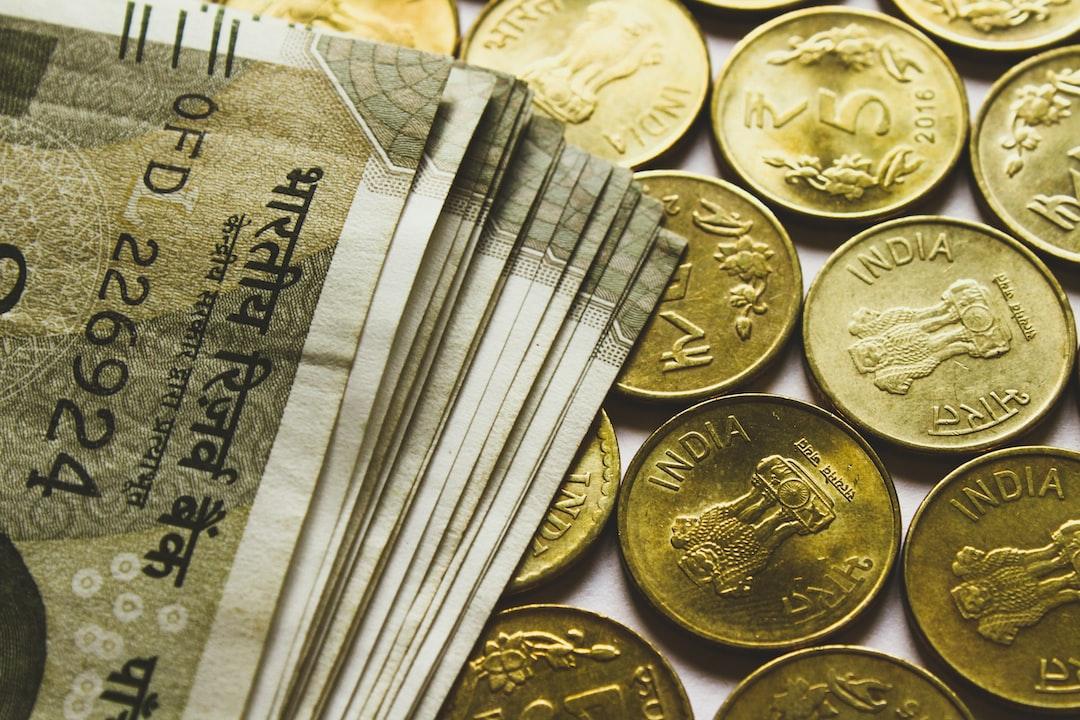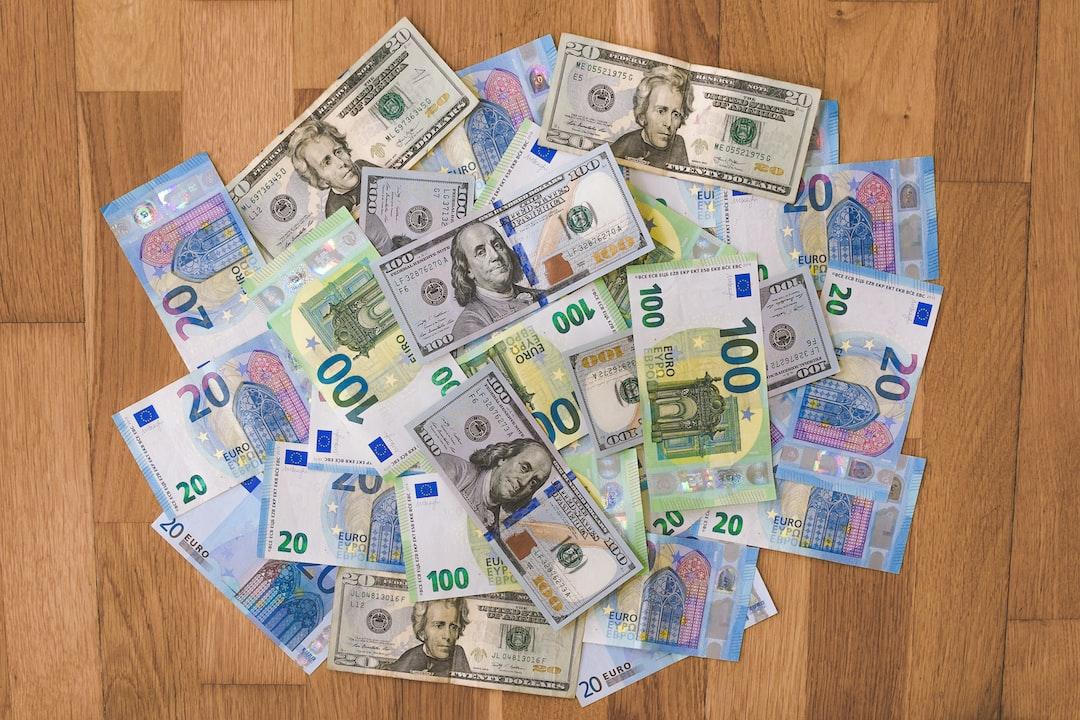On September 20, a clandestine group of developers unveiled their adaptation of the Samourai Wallet code, introducing the inaugural version of a mobile wallet derived from the original work of the Samourai team, under the banner of the “Ashigaru Open Source Project.”
The project’s official website emphasizes that Ashigaru is committed to “developing, releasing, and maintaining free and open-source software.” Their goal is to create solutions that are accessible to users with varying technical skills, all while prioritizing security, protecting against counterparty risks, and ensuring privacy—ultimately enhancing censorship resistance to its fullest potential.

Source:
Burn The Bridge.
The developers behind Ashigaru highlighted that their project relies heavily on code from the public domain as well as contributions from other cryptocurrency initiatives. In their mission statement, they expressed:
Information about the development team is sparse; they described themselves as “former users of Samourai Wallet” but clarified that they do not have any affiliations with the core developers of the Samourai Wallet.
In related news, the CEO of Chainalysis suggested that AI agents might be monitoring all cryptocurrency transactions within the next five years.
In April 2024, the founders of Samourai Wallet, Keonne Rodriguez and William Hill, were apprehended on money laundering accusations in a case filed by the United States Department of Justice (DOJ).
The DOJ claims that the founders “conducted over $2 billion in illicit transactions and facilitated more than $100 million in money laundering activities.” If found guilty of conspiracy to commit money laundering and conspiracy to operate an unlicensed money-transmitting business, they could each face a maximum prison sentence of five years.
During the investigation, the FBI seized the Samourai Wallet’s website and servers, while law enforcement also pressured app stores to remove the Samourai Wallet application from their platforms.
Rodriguez later entered a plea of not guilty and was released on a $1 million bail bond through the United States District Court for the Southern District of New York, though he is required to stay within specific geographic limits until his case is resolved.
Magazine:
Tornado Cash 2.0: The race to build safe and legal coin mixers.

